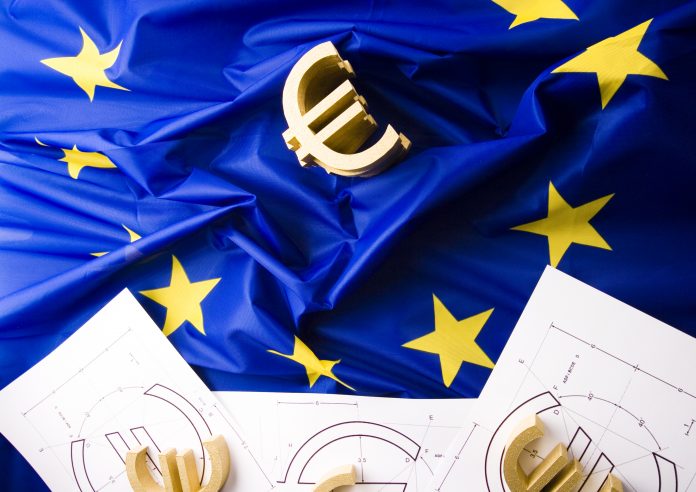The targeted R&D Horizon Europe Missions enter their third year and, with that, are facing their midpoint review
The EU’s €95.9 billion research programme is an effort to connect and bring together researchers from across the continent.
The belief was that by bringing research and innovation policy closer to regional and national authorities, those in charge would be able to act faster on five broad goals.
The five Missions
- Saving Europe’s oceans
- Rejuvenating its soils
- Helping regions adapt to climate change
- Transitioning 100 cities to climate neutrality
- Saving and improving three million lives affected by cancer by 2030
Horizon Europe Missions and continued funding
The latest set of such calls launched earlier this month with an estimated budget of €600 million. This new call will bring the project’s entire spending on the five Horizon Europe Missions thus far to €1.8 billion.
This year (2023) will see the Missions will face their first assessment as part of the big mid-point Horizon Europe review. While the Missions are giving a clear impetus to work on the ground, they have taken very small steps compared to the scale of their ambition.
Wolfgang Polt of Transnational cooperation on the Missions (TRAMI), pointed out, “We’re still in an early phase. This year, next year, some years will have to be devoted to building up of capacities. On EU, national and regional levels, these administrative levels are just now realising what the challenge is, and it will take years to establish governance structures and platforms.”
“It will take years to establish governance structures and platforms”
The establishment of governance appears to be causing a number of issues as political authorities and researchers are learning to communicate.
Pirita Lindholm, director of the European Regions Research and Innovation Network (ERRIN), says the Missions are the best initiative she has seen thus far when it comes to bringing different stakeholders to the table, but “the R&I dimension is not something the political level is used to.”
Understanding the first review and what needs to change
EU policy adviser at the Netherlands House for Education and Research Joep Roet stated that the Missions are “stuck between a rock and a hard place.”
They set out to link EU R&I policy with other policies, with research at the forefront, but Roet says thus far it feels more like other policy areas now have a say in research policy.
The five Missions are just small pieces of an overall puzzle. “I think that the logic behind the Missions is very promising and holds a lot of value, but the Missions in their current form are either too ambitious in terms of goals or not ambitious enough in implementation,” comments Roet.
Polt says that the sense of urgency needed for the Missions has been diverted to addressing the energy crisis and boosting the bloc’s defence capacities, posing an existential question to the Missions. While saving oceans and soils is important, they’re long-term goals, and “urgency always beats long-term,” says Polt. “Other political priorities have supplanted the Mission orientation.”
Other political priorities have supplanted the Mission orientation
Polt also notes getting the industry involved with the Missions will be the next big challenge. Thus far, business participation has been weak. “The business involvement certainly needs to be strengthened, and I think the business community as far as I interact with them are kind of hesitant because they don’t know how to link and what the whole thing is about,” says Polt.
For ERRIN, the Missions will be the focus of their review of Horizon Europe. Lindholm believes the Missions are doing a world of good for regional innovation, “but it’s still too early to make the analysis of tangible benefits beyond the cities Mission,” she said. In the next year, she adds, “we need to slowly start seeing more implementation.”











